What are UN SDGS?
The United Nations came up with a list of 17 Sustainable Development Goals (also known as Global Goals) in the year 2015. These goals provide a blueprint for other countries to frame their agendas and policies, to reach a more sustainable future. The deadline for the fulfilment of these goals has been decided as the year 2030, by which all UN member countries are expected to attain a good Global Index Score.
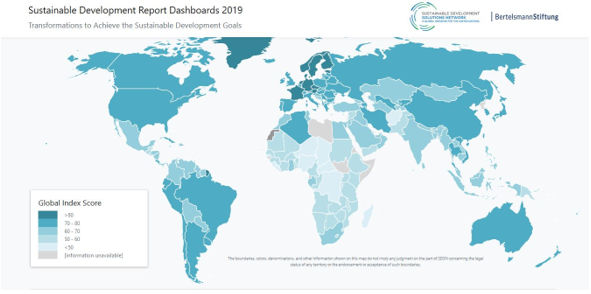
The 17 Goals are all interconnected, and in order to leave no one behind, it is important that we achieve them all by 2030.
-United Nations
What are these 17 goals?
1.No poverty: To lift people out of poverty and make sure they have access to basic amenities. 1 out of every 4 people in India is poor. As a country, it is important for us to lift the economic status of people, so that all other goals including literacy and health are fulfilled. Thus, the roots must be strong for the tree to thrive.
2.Zero Hunger: It is estimated that one-third of the food produced for human consumption gets lost or wasted every year. The aim is to bring this figure down to zero, and make sure everyone has access to a variety of good quality food.
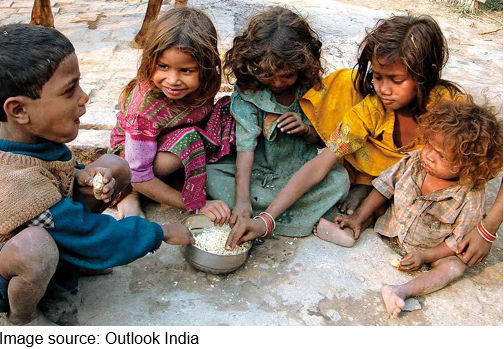
3.Good health and well-being: Overall health and well-being of the public is crucial for a country to develop. This simply equals to increasing people’s life expectancies and ensuring that they are healthy--mentally, physically and emotionally. The UN states that there is a gap of 31 years between the countries with the shortest and longest life expectancies. Isn’t that alarming?
4.Quality Education: Quality education is the foundation for everything else on this list. When a person is aware of the things that are happening around him and knows the stakes, he will become an active participant of any movement.
5.Gender Equality: Gender inequality has been one of the biggest problems for us as long as we can remember. Women get paid less, they feel unsafe at various workplaces and suffer from discrimination and violence. Men don’t have it any better. They are expected to stay tough and self-sufficient all the time. Even transgenders face these issues in their day-to-day lives.
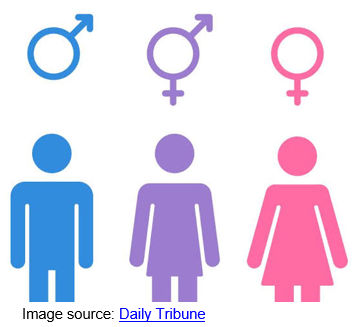
6.Clean water and sanitation: This is a basic human right, yet not available to many. We have had progress with movements like “Swachh Bharat Abhiyan” and “Namami Gange”, but there’s still a long way to go. There are over a 100 million people in our country who don’t even have access to safe drinking water.
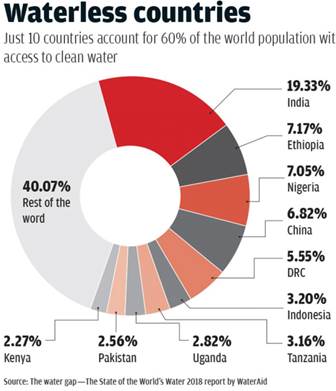
7.Affordable and clean energy: This is a goal many of us don’t understand completely, because we haven’t really faced challenges when it comes to electricity or other energy sources. We often ‘forget’ to switch off our lights and fans, when there are over 30 million houses that still lack access to electricity. We prefer using our personal vehicles for travelling to work just because it is convenient and fancy, while the energy consumption accounts for almost ⅔ of the global greenhouse gas emissions. Firstly, we need energy that can reach everyone, and that too at an affordable price. Secondly, we need to shift our focus on cleaner alternatives and replenishing our resources.
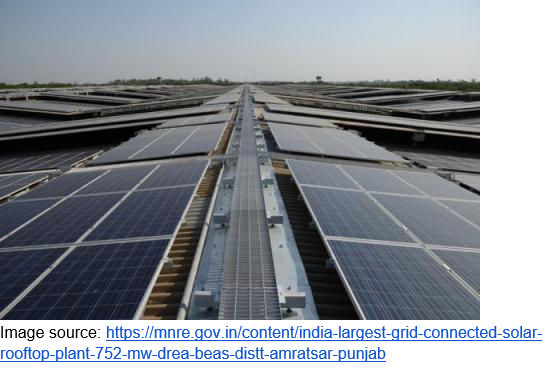
8.Decent work and economic growth: A lot of people are unemployed in our country. The ones that are employed, 20 per cent of those work under hazardous conditions. Child labour is also a social evil that we need to eradicate from the roots. We need to train our people and make them skilled in their field of work. Industries need to be more responsible in their consumption. Thus it should be a collective effort for everyone to grow together economically.
9.Industry, Innovation and Infrastructure: It is about time that sustainability becomes an inclusive part of our industries. New businesses and ventures should be encouraged to adopt sustainability because they have innovative approaches for solving modern problems. Our infrastructure also needs to keep up with all these advancements.
10.Reduced inequalities: There are a lot of inequalities out there, apart from the very obvious ones. When a nation progresses, a common trend observed is that people who are already at the top benefit more and the ones at the other end of the spectrum are left behind. Growth should be equal for all. Also, everyone should have access to opportunities instead of a select few with influential backgrounds. Justice should always be served, and our laws need to protect the needy and the weak.
11.Sustainable cities and communities: There have been a lot of advancements in technology and the products we use. It is important to make sure that these have clear backgrounds though. Sustainability should be a way of life, instead of being a mere concept. Everyone should have access to safe, good quality products. All cities and communities should be clean, green, and resilient.
12.Responsible consumption and production: With an increase in disposable income of people, their buying behaviour has changed. People want to buy things, and discard them when they get bored, only to replace them with more stuff. This demand has led to an increase in production and waste generation.
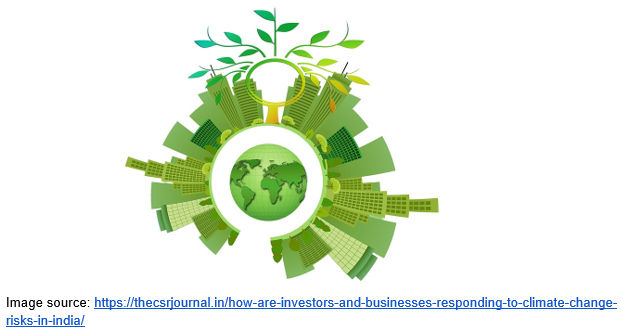
Ever pondered “Where will this ever-growing mountain of discarded stuff go?” Only about 20 per cent of urban India’s waste is processed. We are the 3rd largest greenhouse gas emitting country, accounting for 6.9 per cent of global emissions. We need to be more responsible as consumers and be aware of how we consume and discard our products.
13.Climate action: The kind of damage that we have done through global warming--it will take decades to reverse it! Natural disasters are bound to happen, and the climate is already out of whack. This year we saw sudden rains lashing our cities and villages two months ahead of the actual rain schedule. This lead to a huge loss of lives and resources. To prevent such catastrophic incidents, every nation should come together for cumulative damage control.
14.Life below water: A little short of 3/4th of the earth’s surface is covered by water. As we live on the ground, we may think that it is easier to maintain the water bodies. But we got this wrong! Plastic Oceans International states that more than 8 million tonnes of plastic are dumped in our oceans every year. So, firstly we need to reduce water pollution. Also, we need to stop overfishing and illegal fishing. Fisherman often opt for unethical practices to get more profits. They need to be made aware about sustainability and the harm unethical ways of fishing are causing to us and our planet. Ultimately, better laws will lead to less exploitation and safer water-based ecosystems.
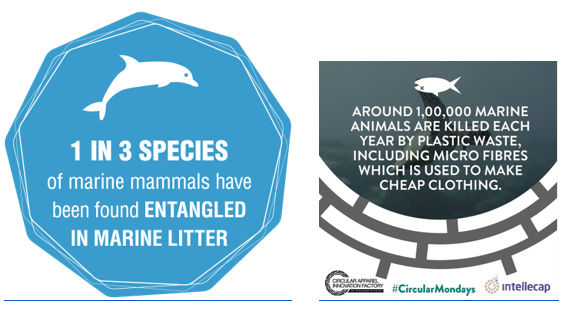
15.Life on land: This deals with land damage control. Biodiversity needs to be preserved, especially now that so many species have become endangered. Land degradation needs to be reversed. Also, trees need to be planted instead of being cut!!!
16.Peace, justice and strong institutions: This goal is important for reducing violence and fatalities due to the same. Exploitation, trafficking, smuggling and torturing of the weak need to be stopped. The UN stated that 5,90,000 people lost their lives in violence in the year 2016, which means that on an average, interpersonal or collective violence killed at least 1 person every minute of every day of the year. Since then, we have come a long way and our institutions have become stronger, but there’s still a long way to go.
17.Partnerships for the goals: This last goal escalates the seriousness of SDGs, and how we all need to come together to move ahead and reach a common stand.
Why are the goals important?
An open working group, with representatives from 70 countries came up with a draft of these goals. The point of having an open working group was to make sure that the goals are not biased or insufficient. It also made sure that they were relevant to all countries. These goals are a shared vision that will give rise to a better society. The pathway will lead to prosperity of the people and the planet.





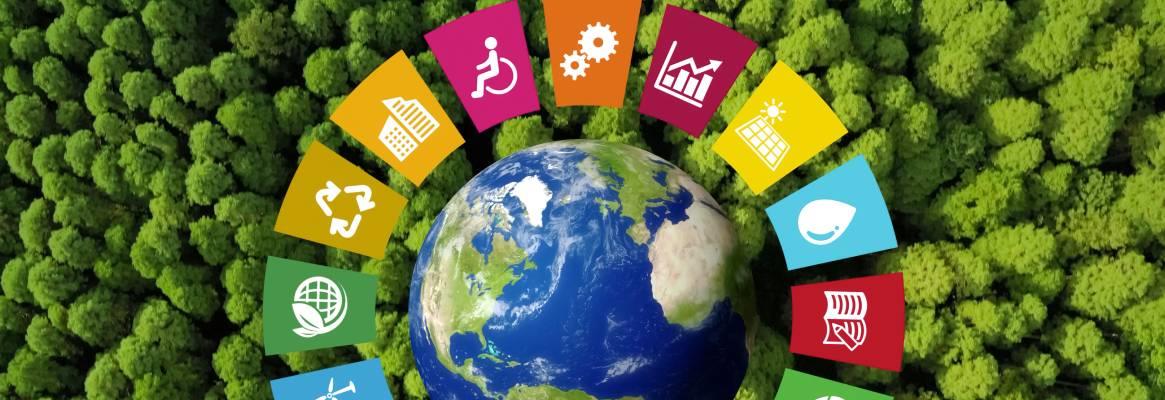





Comments